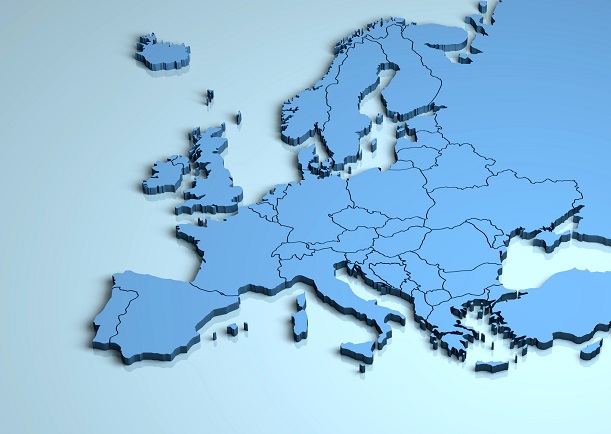The Commission’s plan includes possible threats posed by equipment vendors from outside the EU.
Under the plan, the 28 countries in the EU are to carry out national risk assessments in the next three months, then a further 15 to act on and improve the new standards to protect critical communications infrastructure.
The US has been pressuring the EU and individual countries’ governments to ban Huawei equipment from their 5G deployments. Huawei is accused of spying for the Chinese state, industrial espionage, international sanctions busting and lying to the US banks and authorities.
UK government security agencies as well as authorities in the Czech Republic and Poland have also expressed great concern about deploying Huawei equipment in national infrastructure.
However, at the same time, operators such as Europe’s largest, Deutsche Telekom, and Vodafone UK and others have expressed fears that not using Huawei equipment for 5G will cost them millions and delay deployment, as Huawei is the leading 5G vendor. It has been argued this will be bad for national economies and that of the EU overall; the bloc is already lagging behind Asia and North America.
Too slow
The European Commission has been criticised for the slowness of its response to the issue, as 5G rollouts are in train across the EU, along with spectrum auctions.
Andrus Ansip, European Commission VP in charge of the digital single market., stated,“5G technology will transform our economy and society and open massive opportunities for people and businesses… But we cannot accept this happening without full security built in.”
He added: “We have to take those risks seriously. We have to hurry up.”
The commission will receive assessments from the EU countries by the end of June, including those posed by vendors from outside the EU. From this, the Commission will draw up a Union-wide risk assessment by October, then add the mitigating steps that need to be taken by the end of the year.
Julian King, the EU’s Security Union Commissioner, said that the commission was not “talking about bans” but acknowledged the mitigating steps could include banning the use of some products.
The UK’s own assessment, The supply chain review, is due within a few weeks.



